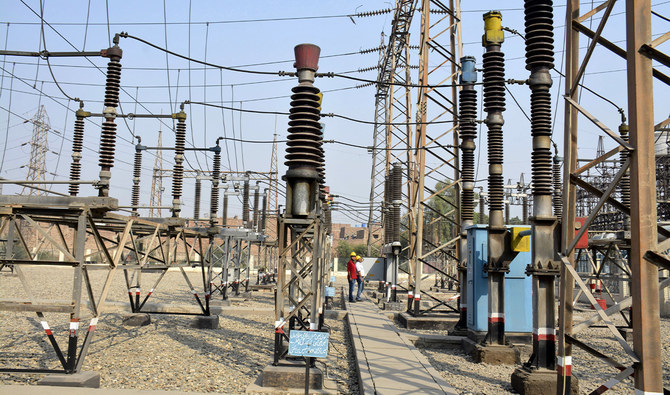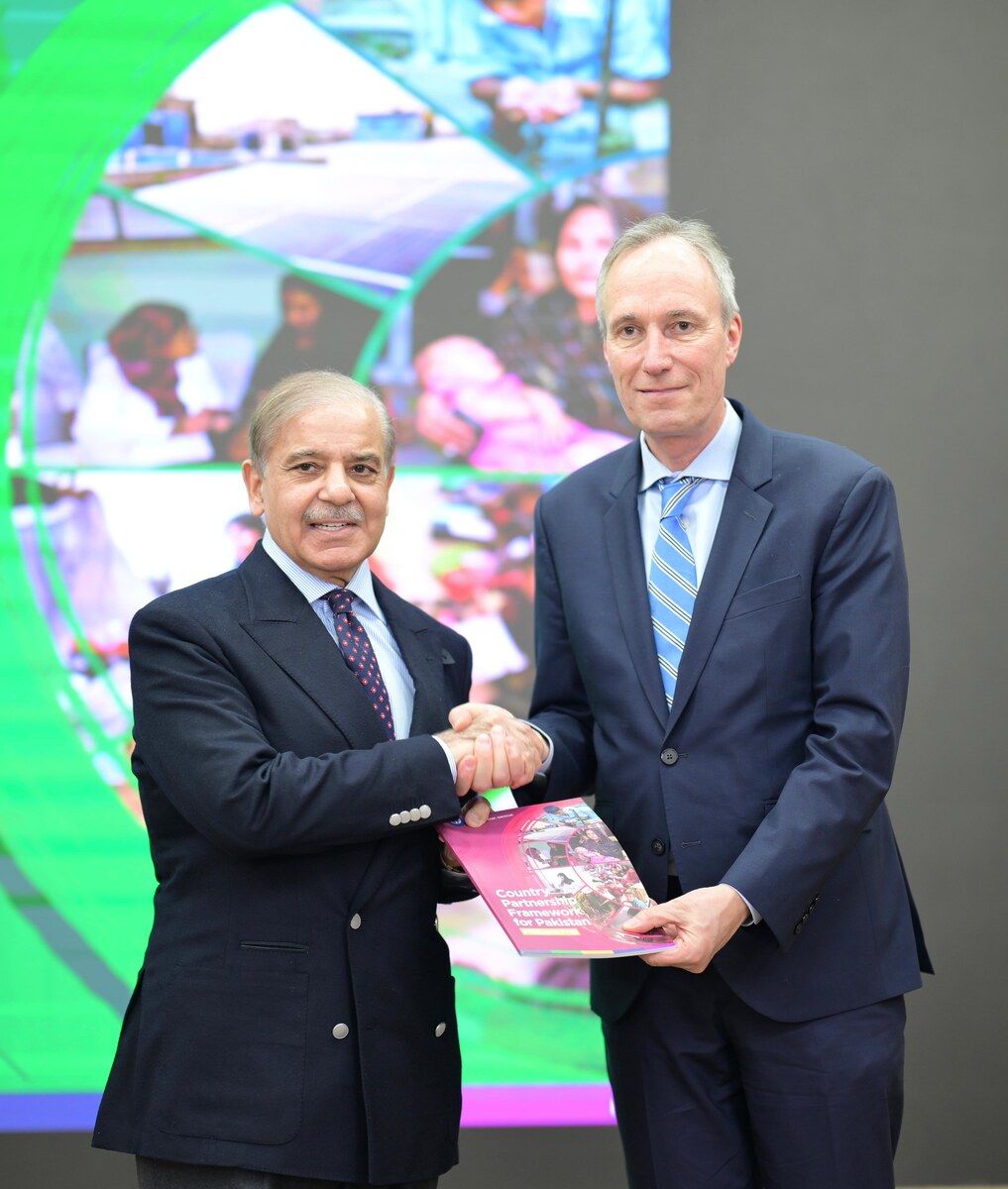ISLAMABAD: The government has “carved out a plan” to involve the army in a crackdown against electricity theft and line losses of state-run power distribution companies, the federal secretary of the power division said in an interview to a top Pakistani newspaper published on Thursday.
The South Asian nation’s power sector has been plagued by high rates of power theft and distribution losses, resulting in accumulating debts across the production chain — a concern also raised by the International Monetary Fund (IMF) during recent bailout talks.
There are ten distribution companies in Pakistan, which are locally called DISCOs. The high performing ones, with high recovery of bills, are based in the major eastern urban centers of Gujranwala and Faislabad, as well as in the capital, Islamabad, but other state-run companies make massive losses because of low recovery rates due to theft and line losses.
The caretaker energy minister Mohammad Ali had said in September a crackdown would start to stop power theft of 589 billion rupees ($1.92 billion).
“We have carved out a plan which is yet to be approved by higher authorities. However, the top functionaries of Power Division have made up their minds to start implementing the plan from HESCO (Hyderabad Electric Supply Company) as a pilot project,” Secretary of the Power division Rasheed Langrial told The News, one of Pakistan’s top English newspapers, referring to plans for the army to supervise a crackdown against electricity theft and distribution losses.
“This will help identify unscrupulous elements within the DISCO and people hand in glove with theft of electricity and causing billions of rupee losses to national exchequer.”
The army has not yet commented on Langrial’s remarks but the news comes after a crackdown on dollar hoarding and smuggling that has led to a continuing appreciation of Pakistan’s national currency and which currency dealers have widely credited the country’s all-powerful army of spearheading. Tens of millions of dollars have poured back into Pakistan’s interbank and open markets since raids on black market operators began on Sept. 6.
While there have been other attempts to curb the black market when the rupee has been under stress, the latest push came after licensed dealers requested army chief General Asim Munir to take action, rather than leave it solely to the civilian caretaker government that was put in place in August to run Pakistan till elections, currently expected to be held early next year. Munir had reportedly promised dealers “transparency in dollar exchange and interbank rates.”
According to the data for the financial year 2020-21 quoted in The News, the recovery of electricity bills in HESCO was at 73.7 percent, Sukkur Electric Supply Company 64.6 percent, Quetta Electric Supply Company at 34.66 percent and Tribal Electric Supply Company at 25.29 percent.
Pakistan’s resolve to undertake power sector reforms was crucial to reaching a staff level agreement unlocking a $3 billion standby arrangement from the IMF earlier this year.
The power sector has been specifically mentioned by the IMF, which called for a “timely” rebasing of tariffs to ensure that costs are recovered. This means hiking prices for consumers despite already record high inflation.


















